Last week, Democratic US Representative David Cicilline introduced new antitrust reform legislation that would ban Apple from "pre-installing" its own apps. It also makes no sense to you why Apple can't offer their apps on their platform within their devices? You are not the only one. According to the agency's report Bloomberg Cicilline says that "a proposal prohibiting tech giants from favoring their own products over competitors' would mean Apple would not be able to pre-install its apps on its iOS platform within its devices." However, Apple is given here as an example, the proposal also applies to others, such as Google, Amazon, Facebook and others. But does such a thing give any logic at all?
It could be interest you

What's in the background?
This antitrust "package" is part of the Big Tech Regulation Act, which we've been hearing a lot about lately. That of course in connection with the Epic Games vs. Apple, but also considering that back in March, the Arizona House of Representatives wanted to pass an App Store bill that would allow developers in that particular state to bypass payment systems in app stores and avoid the 15% or 30% commissions that companies charge. However, after considerable lobbying by both Apple and Google, it was eventually withdrawn.
It could be interest you
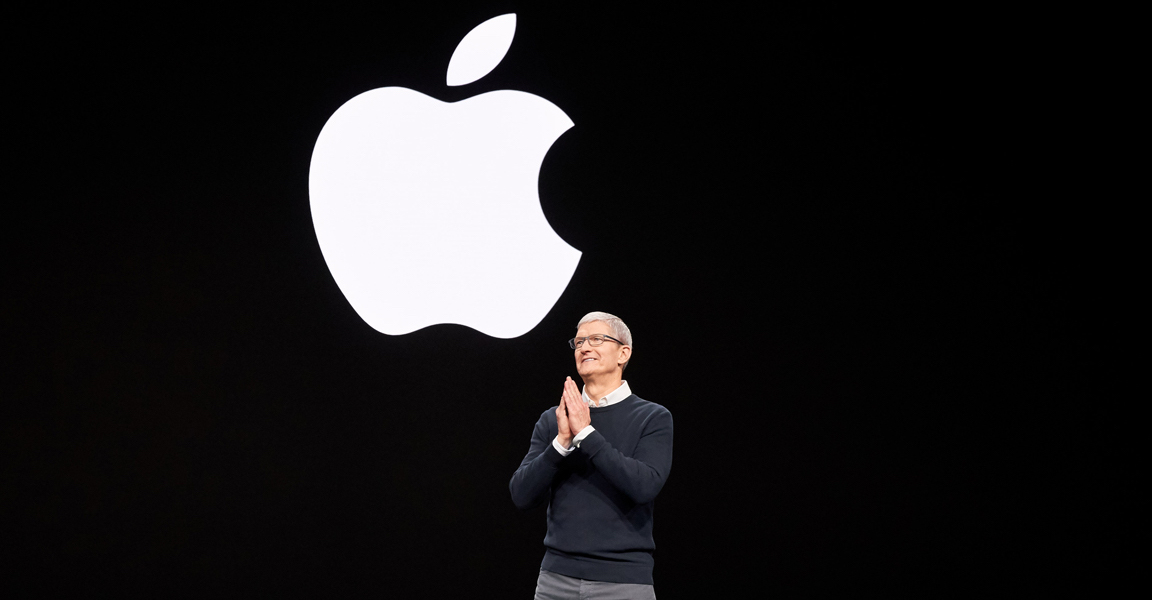
And then there's Britain and its Competition and Markets Authority, which announced this week the start of the official investigating the mobile device ecosystem with reference to effective duopoly by Apple and Google. So while the App Store is in the spotlight as to whether or not it's an Apple monopoly, this bill goes beyond anything that's been reported and interpreted in any way to date.
However, already in 2019, an investigation was launched into whether the technology giants had engaged in anti-competitive behavior. Apple was one of the companies under investigation, with Tim Cook even having to testify before Congress itself. Apple was then among those technology companies that were found to "deeply disturbing” anti-competitive behavior.
It was originally expected to result in a single antitrust law designed to address all the issues that have been revealed – from tech companies like Facebook buying rival social media platforms (Instagram) to Apple favoring its own apps over third-party ones. Ultimately, this is what the currently proposed anti-monopoly legislation is based on. Analyst Ben Thompson believes sothat she could bind threaten Apple's ecosystem, unless he is prepared to make certain compromises within his App Store. Indeed, there is a danger that legislators may perceive various components of the mobile platform ecosystem as anti-competitive.
It could be interest you

Does anyone other than developers really want this?
Whether you look at the situation in the USA or Europe or elsewhere in the world, each the government wants to dictate to Apple what to do and how to do it. And does anyone ask the user? Why doesn't someone ask us? Because they would find out that we are satisfied. That we don't really mind that the developers have to take a percentage of Apple's profit, that we don't mind that we can use it immediately after buying an iPhone and unpacking it, without having to install an application for messages, phone, notes, mail, calendar, web browser, etc. .Which title would we actually choose? Apple recommends theirs to us, and if they don't suit us, we can reach for an alternative, as it should be.
It could be interest you

Only in Russia the situation is different. There, the device still has to offer the app there before starting. Would it be a way or a new solution, where we would choose a given title from a number of others in the guide? And do you know how such a list would have to look, for example, in a task application? And where would the one from Apple be? The first, or rather the last, so that no one can rem?
Maybe eventually everything will really change. After buying the device, it will only contain the system, and then we will have to spend long hours in the App Store, i.e. the App Market or App Shop, or who knows where else, to install the appropriate applications, without which the iPhone would be just a stupid tool with no use. And I don't think that's the right way either for Apple or for users. Except for the governments, who will then be able to say to themselves: "But we turned it around with the GIANTS."Thanks, I don't want to.
It could be interest you

 Adam Kos
Adam Kos 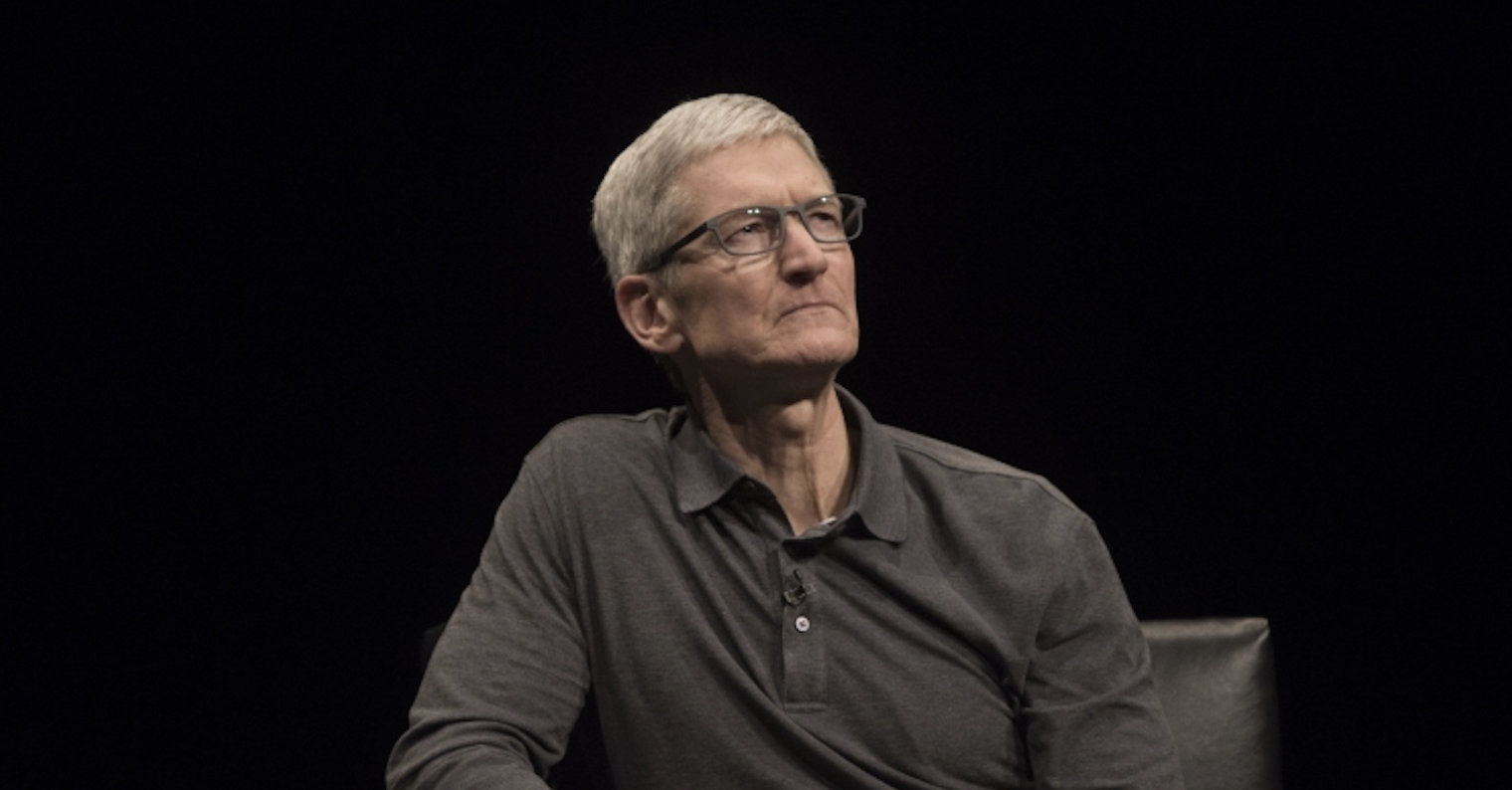
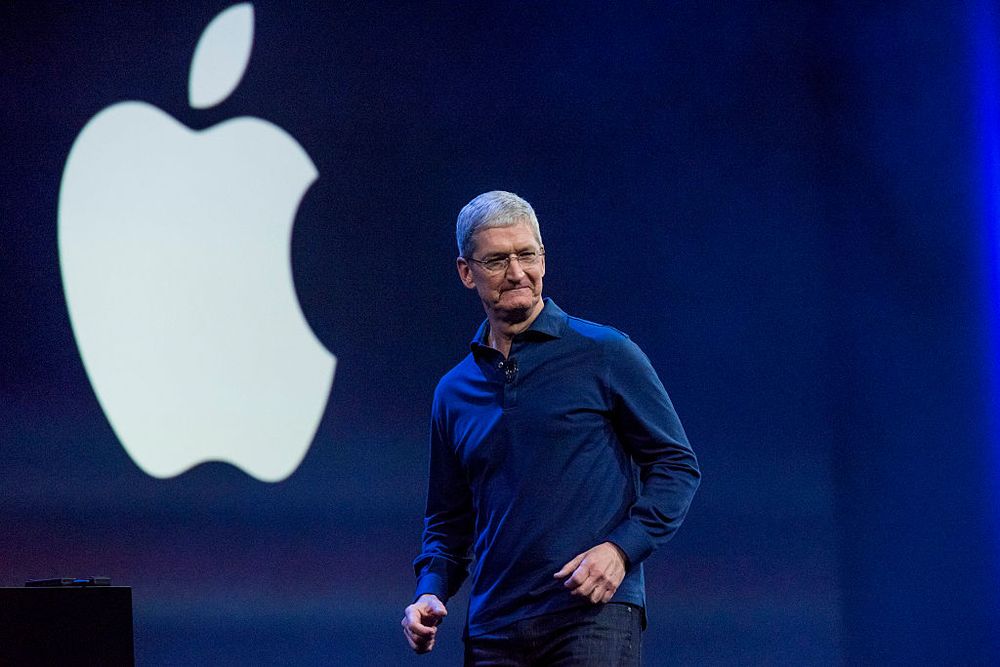
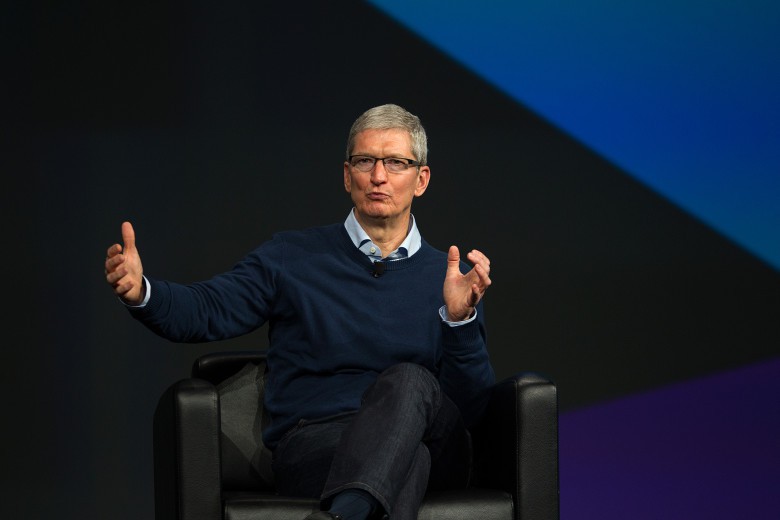

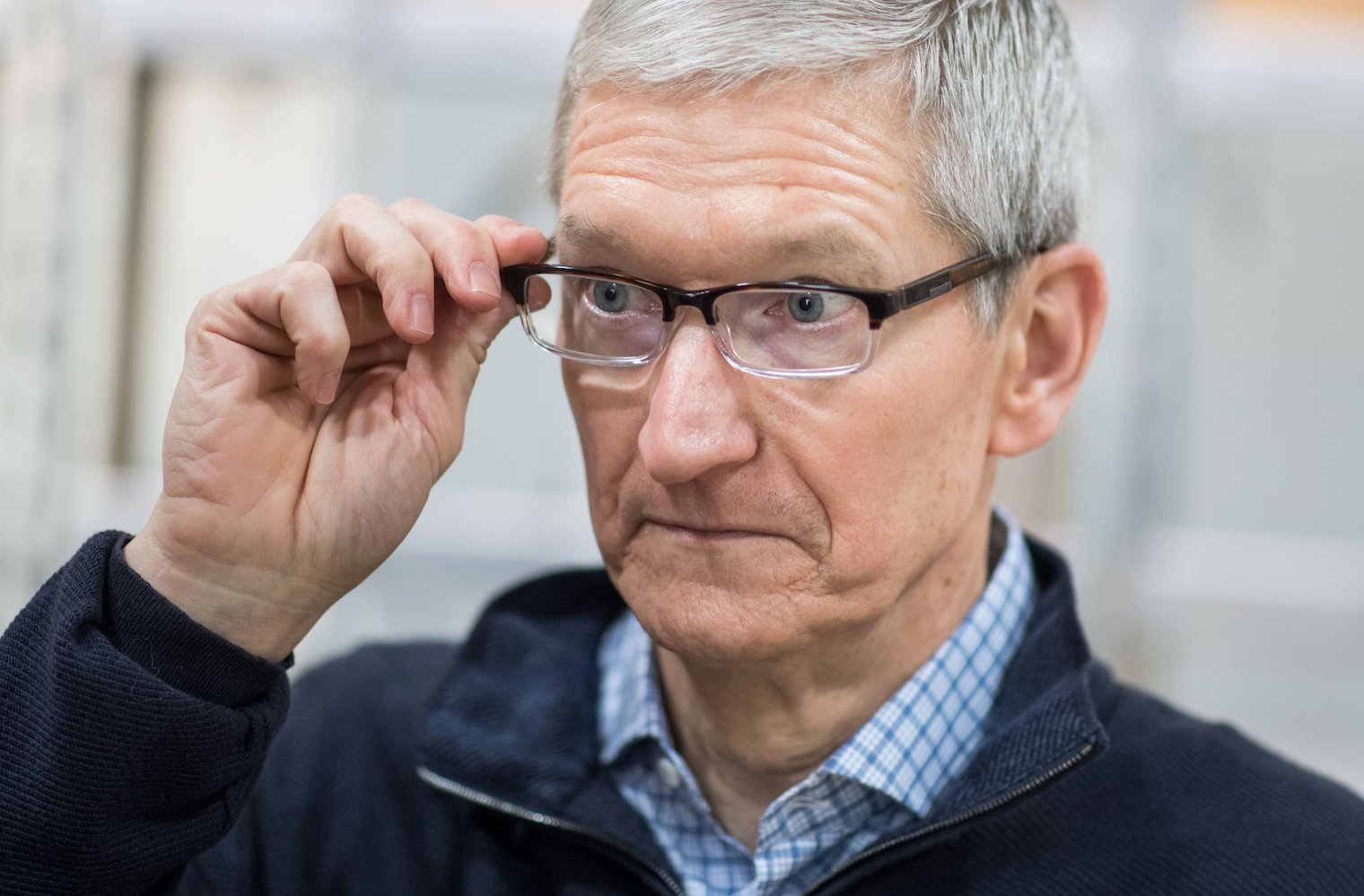

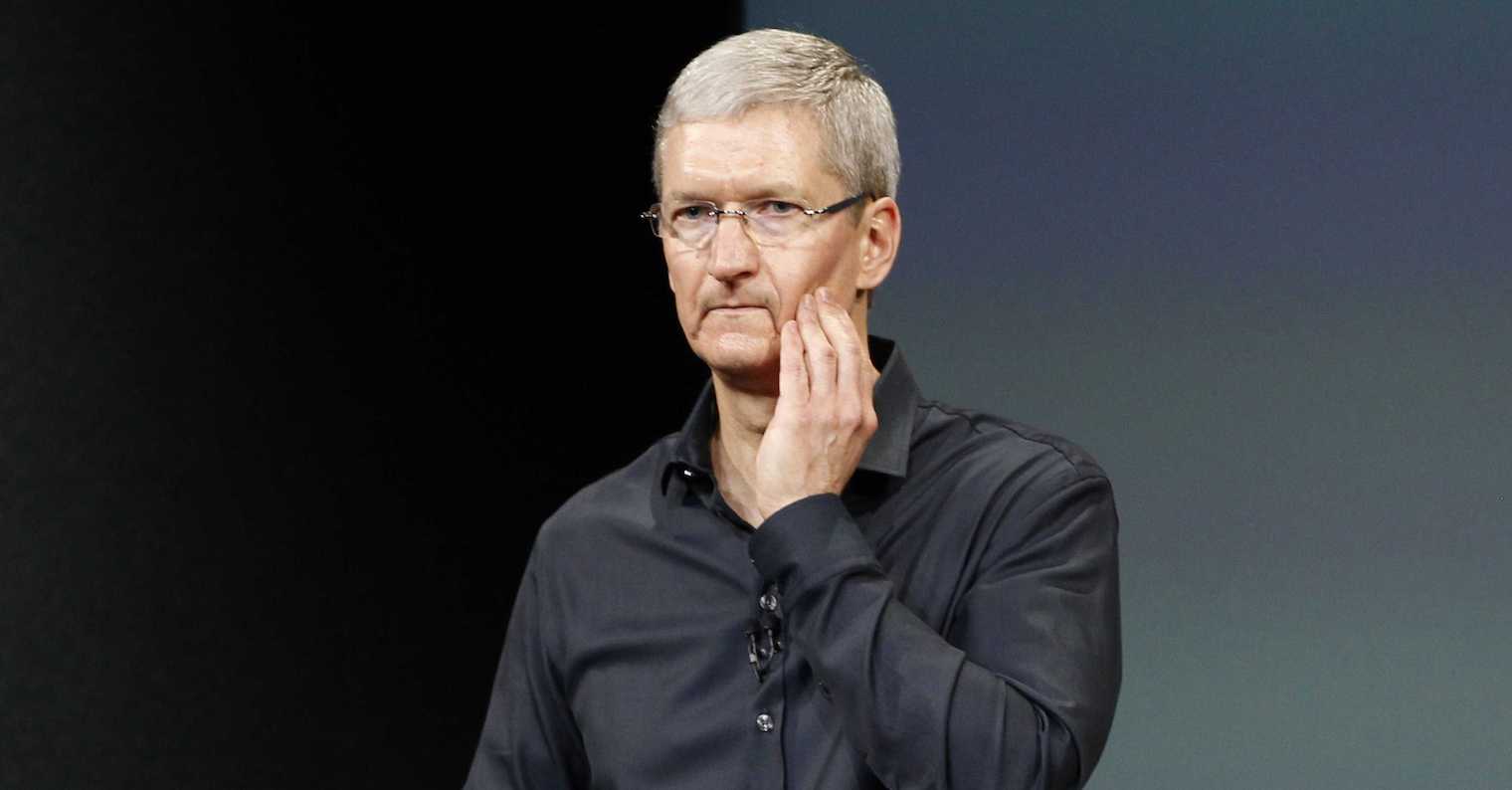

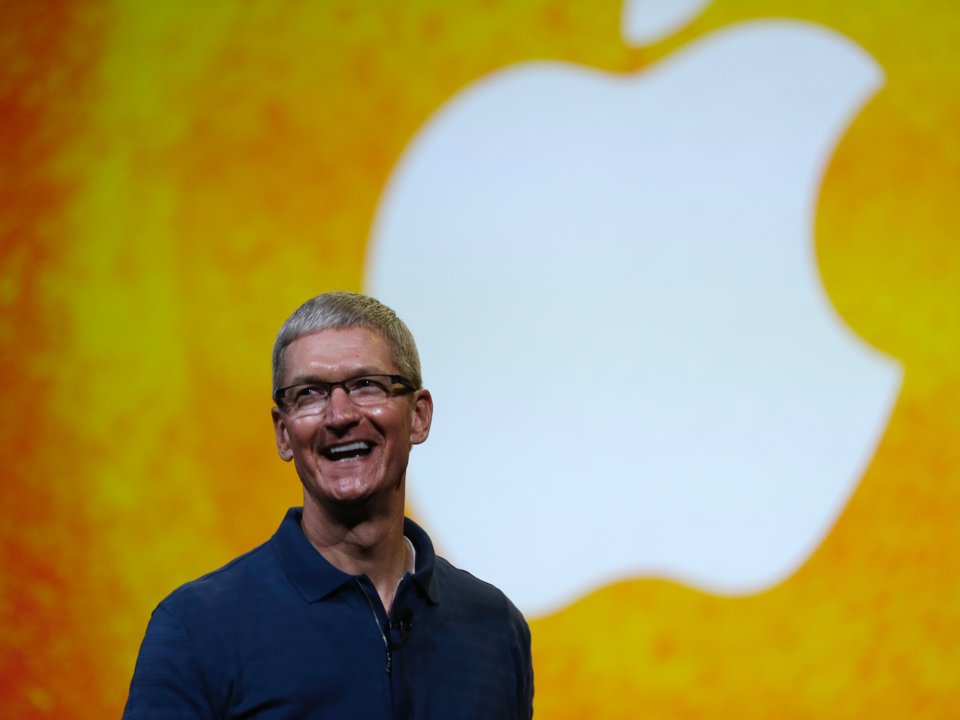





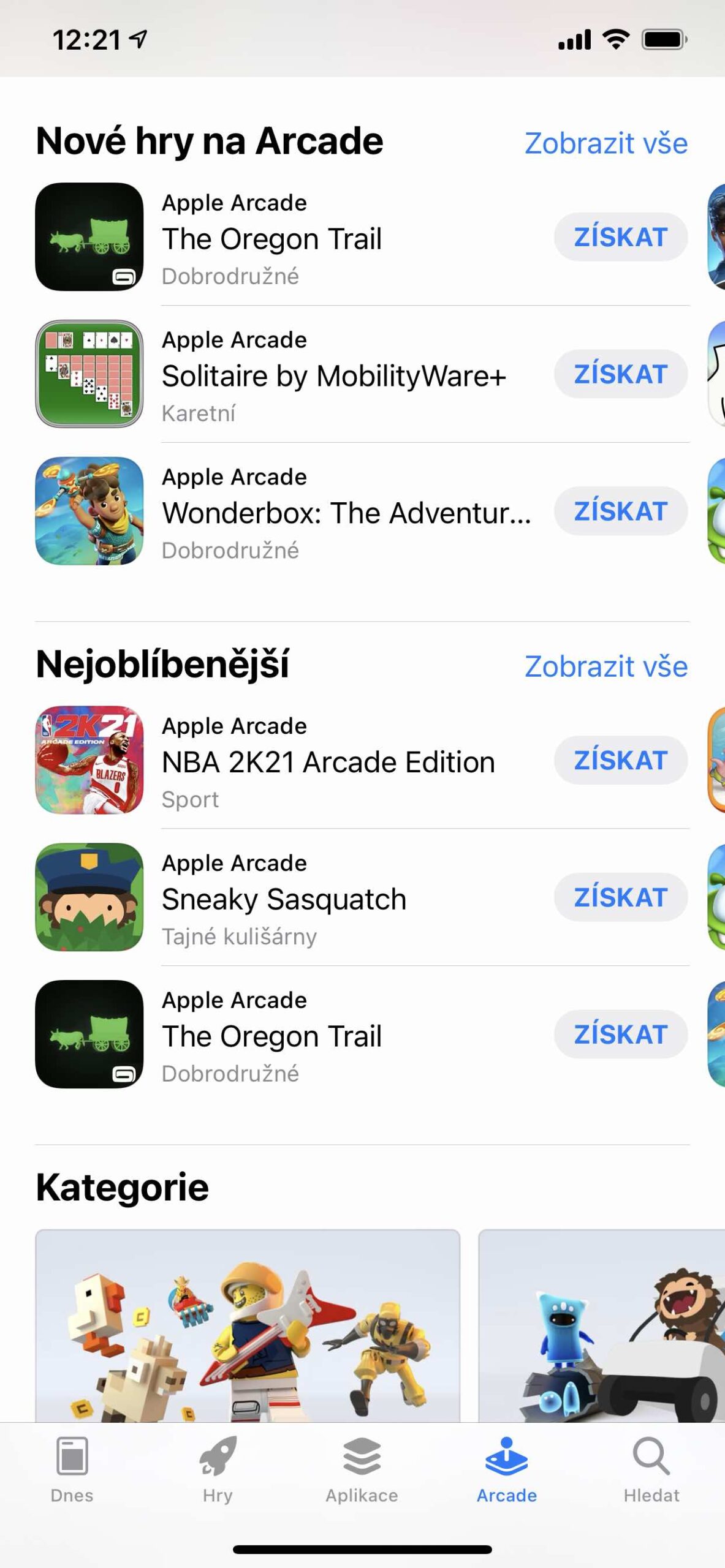


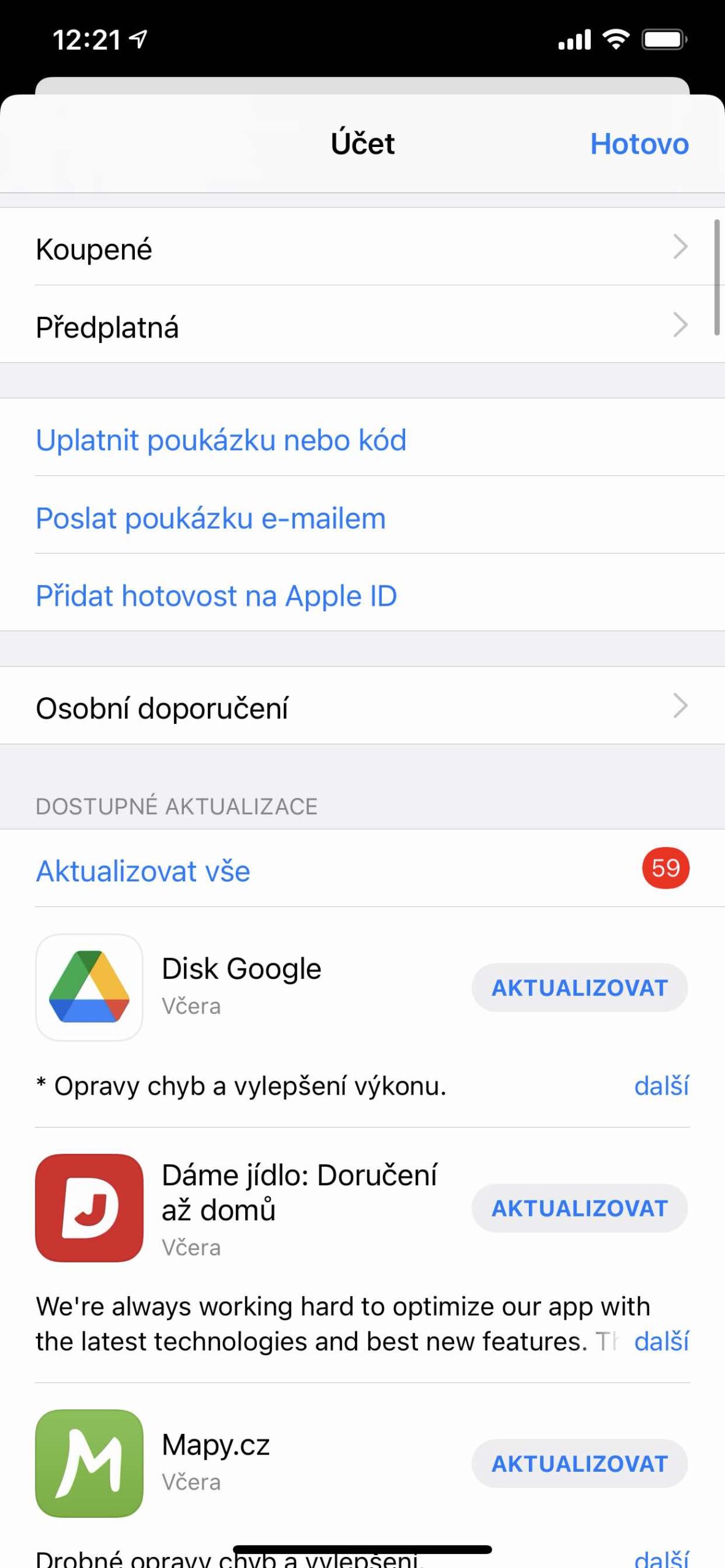
But there is a fundamental problem here, which perhaps the author does not want to understand. Microsoft once got through the fingers, because alternative web browsers had a problem succeeding in addition to the integrated Explorer.
I don't have the option to install essential plugins such as uBlock etc. on the iPad with Firefox. The children, on the other hand, preferred to play Fortnite on the iPad with an xbox controller (and they had a choice between a powerful PC and an xbox). Not to mention a bunch of apps that Apple won't let into the app store. Instead, it makes a couple of privacy sliders in ios/ipados 15 that are practically a black box.
The point is that I don't have the ability to fully exploit my device. Yes, I didn't have to choose an Apple device. But even die-hard Apple fans are starting to think that the ecosystem is getting more and more closed, and the longer a person is in it, the greater vendor lock it is.
What annoyed me the most about Apple was that I suddenly started seeing ads in the Store. There is no way to turn it off, I bought the device without this feature, I can't use another store either, but that obviously doesn't bother anyone...
Well, let there be rules for technology giants. If a person wants to use the full potential of an iPhone, for example, he has to unlock it illegally. The current situation also reminds me of the situation in Windows a few years ago. There was also dominance, unfair practices (e.g. the aforementioned browsers) and then came regulation. We all benefited from it in the end.
Now, I don't mean this in a bad way or ironically, but how did we all benefit from this with Windows? So instead of opening Explorer after installation and downloading Opera, I downloaded it through the ballot screen?
My guess is that the gentleman meant the pressure on Microsoft. ;-)
So I'll explain. At that time, Microsoft was making "pigs" to eat, ignoring the agreed standards and changing them in its own image. Consequently, it didn't allow competing developers to see their dirty code, and the pages simply didn't work well on competing browsers. This was also true for Apple's Safari browser, and a lot of websites were either not working or not. Fortunately, this was solved first by pressure and then by regulation. So it worked then and the pages programmed in standard now go without problems across platforms and browsers...
And why do I have to buy a BMW with original wheels and a radio and seats? And doesn't a person buy these cars and iPhones because of a complete package that can work together the best?
It is OK that you will have the original "wheels, radio, seats" on the BMW. But it would no longer be fair from BMW if those wheels had unique screws connected to the system, because if you bought other wheels from a competitor, not only would they fit, but the system would evaluate them as unsuitable and you would lose your warranty. At the same time, they would have all the certificates and they have been working on other car brands for years without problems...
You give an example with Windows and browsers. I don't know about me personally, but the table where I can choose which browser to install doesn't work... If I want, I can install what I want and when I want. They don't need any regulations for that. IOS is a closed ecosystem, so it has its advantages (security) and disadvantages, relatively limited access to applications and hw. Unlike Google, which is open source and we can do almost anything we want with the phone (device). Why we leave everything on the market. The customer is not perhaps incompetent, we don't want to keep protecting from someone.
Strangely I want, I have Apple products for security. Apple checks the applications and thus is able to prevent most of the harmful ones. When I look at Android the store is full of junk etc..
The user has the right to choose, and if he doesn't like Apple's attitude, he can buy another one.
The case with browsers is given because it worked. Until recently, it was not possible to set even a different default browser on iOS, fortunately it is now possible, but it took a very long time. If Apple hadn't had a lot of hiccups lately, there wouldn't be any talk of regulation. There are many examples, I won't name them specifically, but a small company developed a unique product for a lot of money. Apple noticed this and later developed the product, and with the new version of iOS, he denied the company access to the system's libraries (said to be security) until he had his product, so it didn't matter. And suddenly their product is not competitive because it does not work as well as Aplovský does not have access to the data he had before. Or the media-known dispute with the game studio regarding the paid portal. So we won't allow him to do it, but another stronger company, namely the Steem company, will. With this, Apple directly asks for regulation. If the conditions were the same for everyone, then no one would solve it. For example, in the Russian Federation, he already got his fingers crossed, and suddenly things are going differently.